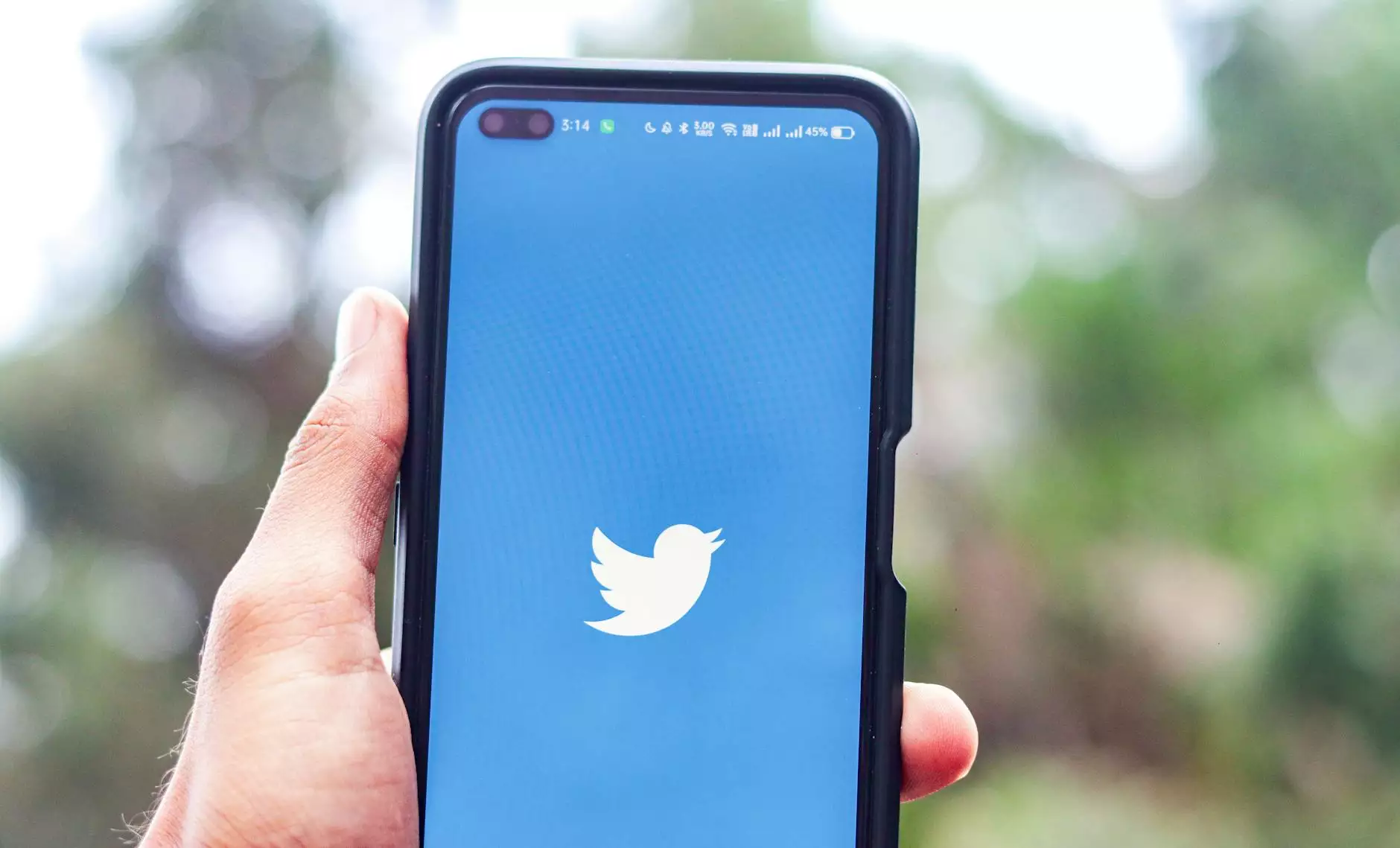The Future of Communication: Best Messenger App Insights

In today’s fast-paced digital world, the way we communicate has transformed dramatically. Messenger applications have become the backbone of our daily interactions, both personally and professionally. As businesses evolve, so do their communication needs. This article dives into the characteristics of the best messenger app, the impact of mobile phone technologies, and how software development plays a crucial role in enhancing our messaging experiences.
Understanding the Need for Effective Communication Tools
In an age where instant communication is crucial, the demand for effective messaging solutions is higher than ever. Whether for a small business or a multinational corporation, the right messaging app can streamline operations and foster team collaboration.
The Shift to Digital Messaging
Traditional communication methods like emails and phone calls have been supplemented, and in some cases replaced, by messaging apps. This shift is not just a trend; it’s a necessity driven by:
- Speed: Information can be exchanged in real-time, reducing delays in decision-making.
- Accessibility: These apps provide communication solutions that are globally accessible on mobile devices.
- Cost-effectiveness: Many messenger apps offer free services, which is a boon for businesses looking to reduce operational costs.
Features to Look for in the Best Messenger App
When selecting the best messenger app, several features must be evaluated to ensure it meets your business or personal communication needs. Here are some must-have features:
1. Seamless User Interface
The user interface (UI) should be intuitive, allowing users of all ages and tech-savviness to navigate effortlessly. A well-designed UI promotes better user experience and adoption within organizations.
2. Robust Security Features
In today’s digital landscape, security is paramount. The best messenger app must include:
- End-to-end encryption: This ensures that only the sender and receiver can read the messages.
- Data protection: Look for compliance with data protection regulations like GDPR.
- Two-factor authentication: This adds an extra layer of security for user accounts.
3. Multi-platform Availability
The ability to access the messenger app across different platforms—smartphones, tablets, and desktops—enhances flexibility. Users should be able to send and receive messages regardless of their device.
4. Group Chats and Collaboration Tools
For businesses, group chats are essential. The best messenger app should have features that support team collaboration, such as:
- File sharing: Users must be able to share documents, spreadsheets, and other media easily.
- Task management: Integrating tools that manage tasks can help streamline projects.
- Video conferencing: These features allow for real-time communication and enhance remote working capabilities.
The Role of Software Development in Messaging Solutions
Behind every successful messaging app lies a strong foundation of software development. The development process includes:
1. Choosing the Right Technology Stack
A robust technology stack ensures that the app performs seamlessly across all devices. For instance, leveraging cloud technologies can improve scalability and performance.
2. Prioritizing User Experience (UX)
Developers must conduct thorough user testing to understand pain points and enhance the UX. Designing user flows that simplify actions, such as sending messages or joining group chats, is critical.
3. Continuous Updates and Maintenance
The best messenger apps require ongoing maintenance to fix bugs, improve features, and ensure compatibility with new devices and operating systems. Regular updates keep the user base engaged and satisfied.
Popular Messenger Apps: A Comparative Analysis
With many options available, let’s look at some popular messaging applications and analyze their strengths.
1. WhatsApp
WhatsApp leads the market with its vast user base. It offers end-to-end encryption, group chats, and media sharing functionalities. However, it lacks comprehensive business tools compared to other apps.
2. Slack
Slack is preferred among businesses for its collaboration tools designed for teamwork. It integrates with other software and includes channels for categorizing discussions. The challenge lies in user onboarding due to its complex features.
3. Microsoft Teams
Microsoft Teams integrates deeply with Microsoft Office products. It’s robust for organizations already using Microsoft 365 but may be overwhelming for casual chat users.
4. nandbox
The nandbox messenger app stands out with its unique features tailored for both personal and business communications. It offers:
- White-label solutions: Businesses can customize the app with their branding.
- Advanced analytics: Understand user engagement and improve services.
- Secure communication: Ensures privacy with top-notch security protocols.
How to Choose the Best Messenger App for Your Needs
Given the myriad of options, how can you select the right messenger app? Here are key considerations:
1. Identify Your Primary Use Cases
Determine the primary functions your app will serve—whether it’s for marketing communication, customer service, or team collaboration.
2. Evaluate Scalability
Choose an app that can grow with your business. If you anticipate a rise in users or new features, select a solution with scalability in mind.
3. Focus on Integration Capabilities
The best messenger app must integrate seamlessly with other tools your business uses. This includes customer relationship management (CRM) systems, project management tools, and other essential software.
4. Assess Cost vs. Features
While some apps are free, they may lack essential features that translate into productivity. Evaluate the cost against the functionalities provided to find the best value.
The Future of Messenger Apps
As businesses increasingly rely on digital communication, the evolution of messenger apps is set to accelerate. The future holds exciting potential, including:
1. AI Integration
Artificial Intelligence (AI) is likely to play a significant role in the best messenger apps. Features such as chatbots for customer service and automated responses can enhance user experience.
2. Enhanced Security Measures
With the growing concern over privacy breaches, developers will focus more on security measures, ensuring user data remains protected.
3. Augmented Reality (AR) and Virtual Reality (VR) Integration
The incorporation of AR and VR technologies in messaging may offer innovative experiences for businesses and consumers alike. Imagine providing a virtual showroom experience directly through the chat interface!
Conclusion
In sum, the best messenger app is one that aligns with your communication needs while providing accessibility, security, and collaboration features. As mobile phones and software solutions continue to advance, businesses must stay informed to effectively leverage these tools. Investing in a quality messenger application not only enhances communication but also fosters a productive working environment, making significant contributions to overall business success.
For further information on mobile phone technologies and software development solutions, be sure to visit nandbox.com. Embrace the future of communication today!








